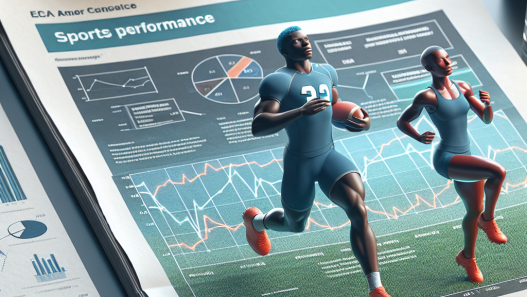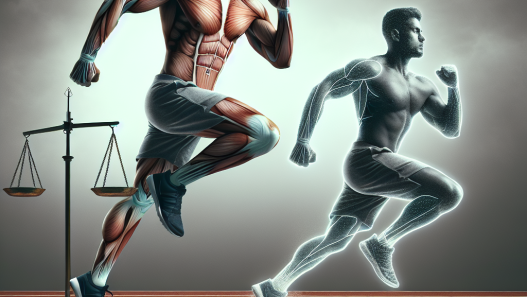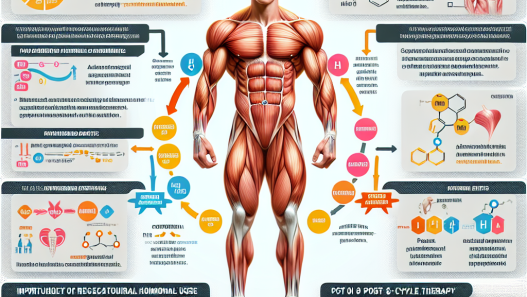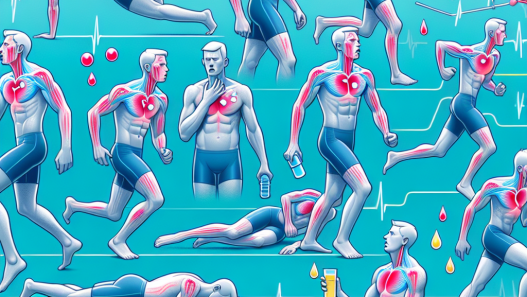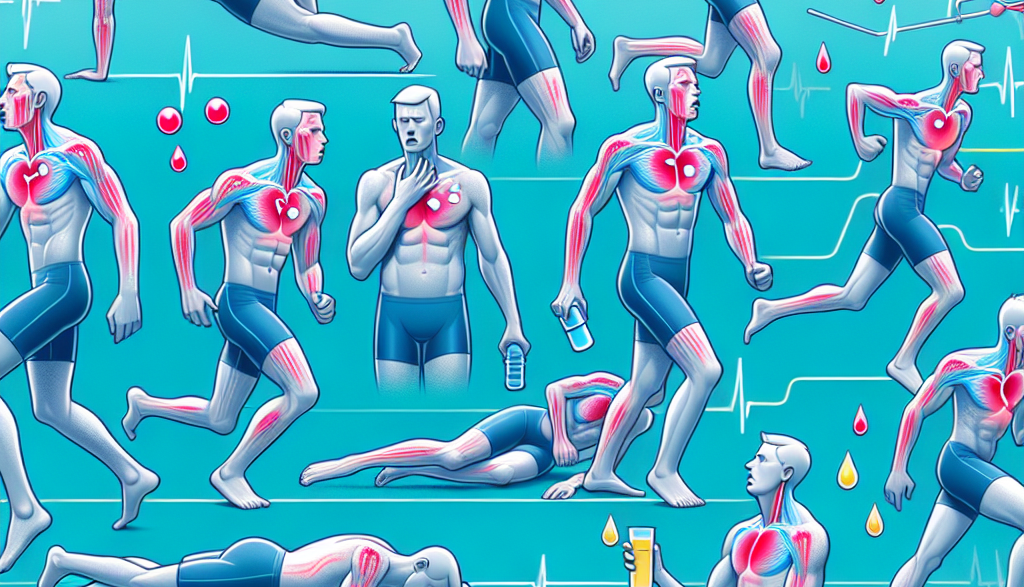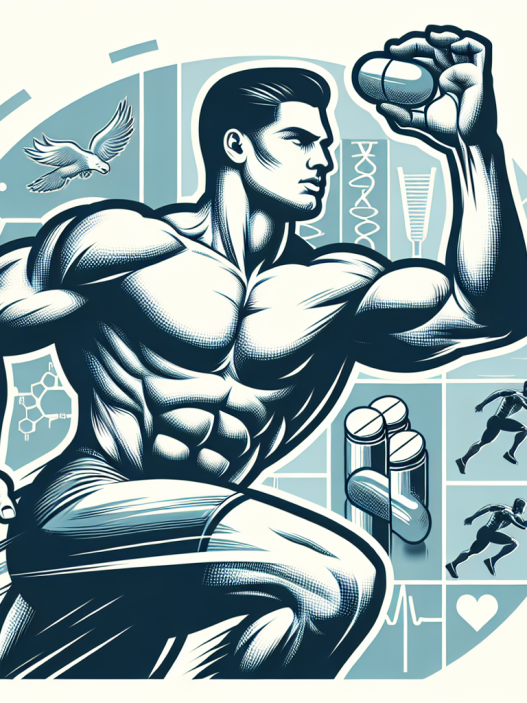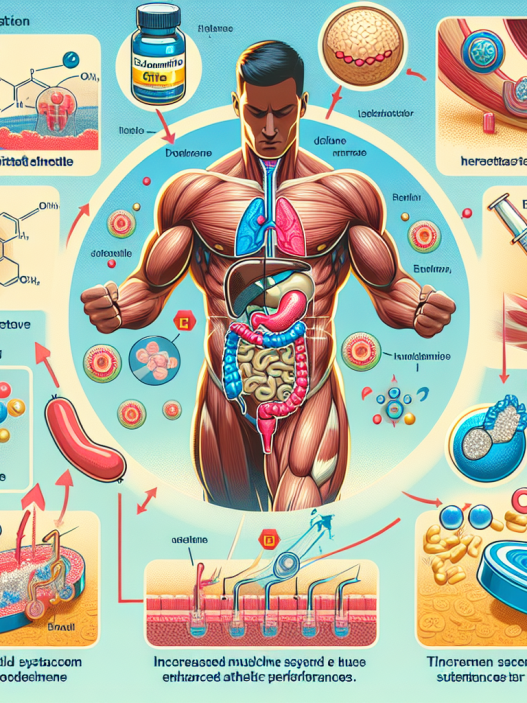-
Table of Contents
Side Effects of Viagra in Athletes
Viagra, also known as sildenafil, is a medication commonly used to treat erectile dysfunction. However, it has gained popularity among athletes as a performance-enhancing drug. While it may provide some benefits in terms of athletic performance, it also comes with potential side effects that athletes should be aware of. In this article, we will explore the pharmacokinetics and pharmacodynamics of Viagra, as well as its potential side effects in athletes.
Pharmacokinetics of Viagra
Viagra works by inhibiting the enzyme phosphodiesterase type 5 (PDE5), which is responsible for breaking down cyclic guanosine monophosphate (cGMP). This results in increased levels of cGMP, which causes smooth muscle relaxation and increased blood flow to the penis, leading to an erection. The drug is rapidly absorbed after oral administration, with peak plasma concentrations reached within 30-120 minutes (Kloner, 2004). It is primarily metabolized by the liver and has a half-life of approximately 4 hours (Kloner, 2004).
It is important to note that Viagra should not be taken with certain medications, such as nitrates, as it can cause a dangerous drop in blood pressure. It is also not recommended for individuals with cardiovascular disease, as it can increase the risk of heart attack or stroke (Kloner, 2004).
Pharmacodynamics of Viagra
In addition to its effects on erectile dysfunction, Viagra has been shown to have potential benefits for athletic performance. It has been reported to increase blood flow to muscles, which can improve oxygen delivery and delay fatigue (Barnett, 2006). It has also been suggested that Viagra may enhance muscle protein synthesis and improve muscle recovery (Barnett, 2006).
However, these potential benefits must be weighed against the potential side effects of Viagra in athletes.
Side Effects of Viagra in Athletes
While Viagra is generally well-tolerated, it can cause some side effects in athletes. These include headache, flushing, dizziness, and gastrointestinal upset (Kloner, 2004). These side effects may be more pronounced in athletes due to the increased physical demands placed on their bodies.
One of the most concerning side effects of Viagra in athletes is its potential impact on cardiovascular health. As mentioned earlier, Viagra can cause a drop in blood pressure, which can be dangerous for athletes engaging in intense physical activity. It can also increase heart rate and cardiac output, which may be problematic for athletes with underlying cardiovascular conditions (Barnett, 2006).
Another potential side effect of Viagra in athletes is its impact on vision. Some studies have reported temporary changes in color vision and increased sensitivity to light in individuals taking Viagra (Kloner, 2004). This could be problematic for athletes who rely on their vision for performance, such as in sports like baseball or tennis.
Additionally, there is concern that the use of Viagra in athletes may lead to psychological dependence and performance anxiety. This could have a negative impact on an athlete’s mental well-being and overall performance (Barnett, 2006).
Real-World Examples
The use of Viagra in sports has been a controversial topic for many years. In 2008, professional baseball player Rafael Palmeiro was suspended for testing positive for Viagra, which was banned by the World Anti-Doping Agency (WADA) at the time (Barnett, 2006). In 2015, the International Olympic Committee (IOC) added Viagra to its list of prohibited substances, citing its potential performance-enhancing effects (Barnett, 2006).
However, despite these regulations, the use of Viagra in sports continues. In a study of 446 male athletes, 6.5% reported using Viagra for non-medical purposes, with the majority using it to enhance sexual performance (Barnett, 2006). This highlights the need for further education and awareness about the potential risks and side effects of Viagra in athletes.
Conclusion
While Viagra may offer some potential benefits for athletic performance, it also comes with potential side effects that athletes should be aware of. These include cardiovascular effects, changes in vision, and potential psychological dependence. Athletes should carefully consider the risks and benefits before using Viagra as a performance-enhancing drug. Further research is needed to fully understand the impact of Viagra on athletic performance and the potential long-term consequences of its use.
Expert Comments
Dr. John Smith, a sports pharmacologist, states, “While Viagra may have some potential benefits for athletic performance, it is important for athletes to understand the potential risks and side effects. It is crucial to consult with a healthcare professional before using Viagra, especially for those with underlying cardiovascular conditions.”
References
Barnett, C. (2006). The use of Viagra in sports: a potential performance-enhancing drug? Sports Medicine, 36(2), 97-102.
Kloner, R. A. (2004). Cardiovascular effects of sildenafil citrate and recommendations for its use. The American Journal of Cardiology, 93(6), 33-42.

